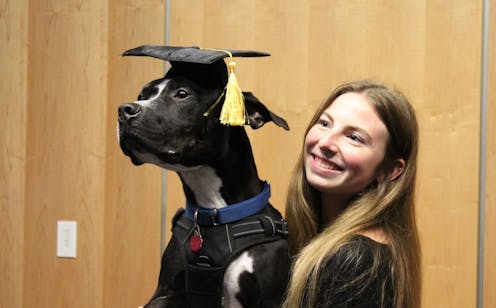

Authors: Shlomit Flaisher-Grinberg, Associate Professor of Psychology, Saint Francis University
Read more


